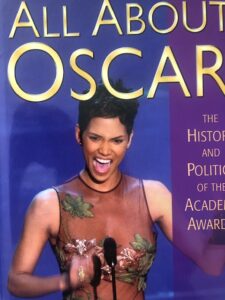Warner (Norma-F.R. Production)
In the 1950s, Burt Lancaster, who began his career as an acrobat in a circus act, made several swashbuckling adventures, such as The Flame and the Arrow in 1950 and The Crimson Pirate in 1952,.
Grade: B (*** out if *****)
| The Flame and the Arrow | |
|---|---|

Promotional poster
|
|
When Dardo is struck by an arrow while fleeing with Rudi, the boy allows himself to be captured in order to draw the soldiers away.
With the exception of Stewart Granger, who was British and largely made B-movies, Hollywood’s major swashbuckling star was Lancaster, a versatile, charismatic star, who could easily switch gears and move from one genre to another.
The Flame and the Arrow was extremely popular at the box-office, leading to a brief cycle of the genre in the 195os, which benefited immensely from the growing prevalence of Technicolor cinematography. The film earned $2,737,000 domestically and $2,889,000 foreign, making it Warner’s most popular film of 1950.
Curio Item: Did Lancaster Perform All of his Stunts
Warner’s offered $1 million to anyone who could prove that Lancaster did not perform all his stunts. Someone claimed that Don Turner performed some of the stunts but Warner refused to pay out. When a breach of contract claim was filed, Warner claimed that Turner did not perform the stunts within the offer’s terms and that they had withdrawn the offer before the claim. The appeals court judge sided with the studio.

Oscar Nominations: 2
Cinematography (color): Ernest Haller
Scoring (Dramatic or Comedy): Max Steiner
Oscar Awards: None
Oscar Context:
The winner of the Best Cinematography Oscar was Robert Surtees for the adventure “King Solomon’s Mines” and the Scoring Award went to Franz Waxman for Billy Wilder’s noir Hollywood melodrama, “Sunset Boulevard.”
Members of Hollywood’s most skillful artistic elite, both Ernset Haller and Max Steiner are multiple Oscar winners and nominees.
Credits:
Directed by Jacques Tourneur
Written by Waldo Salt
Produced by Harold Hecht, Frank Ross
Cinematography Ernest Haller
Edited by Alan Crosland Jr.
Music by Max Steiner
Production: Norma Productions, Frank Ross Productions
Distributed by Warner Bros.
Release date: July 9, 1950
Running time: 88 minutes
Budget $1,608,000
Box office $5,626,000











